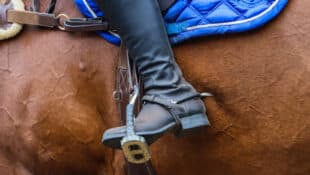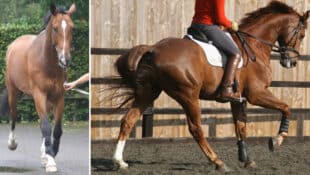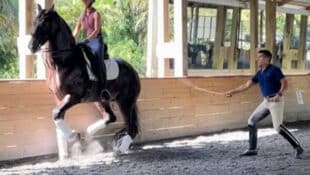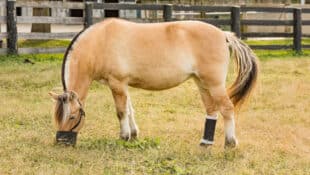This 14-month timeline shows how a request for more “proportionate” responses to blood escalated into an FEI public relations disaster.
Dr. Sue Dyson provides a recap of a Spanish study that looked at orthopaedic and injury assessments of 70 dressage horses.
The video and photographic evidence presented in the case showed a pattern of methodical, repetitive and continuous abuse.
A new study explores owners’ perceptions of what 'well-cared-for' looks like and the role it plays in maintaining horses at a healthy weight.
Despite improvements at the farm, an advocacy group now has over 1,300 followers and a petition is calling for the horses’ permanent rehoming.
What services are involved, and how are costs calculated when horses are seized from irresponsible owners in Ontario?
This exclusive excerpt from Antonia Henderson's upcoming book 'A Fair Ask for Sport Horses' looks at what the research says about what we subject our horses to.
HorseSport looks at some cases from the last few years to see if the Act is living up to its promise of better protection for animals.
Competitive dressage’s social licence to operate is in jeopardy; this new Canadian study examined coach/rider perceptions.
Here's what we know about equine depression, what causes it, how to recognize the symptoms, and how we can help.










